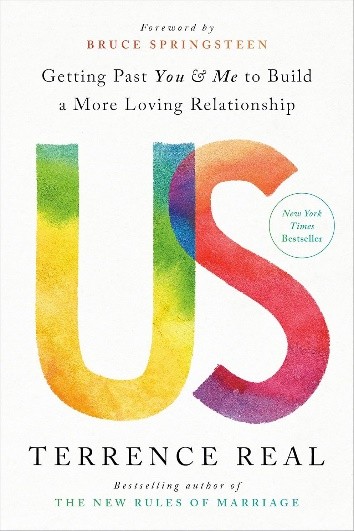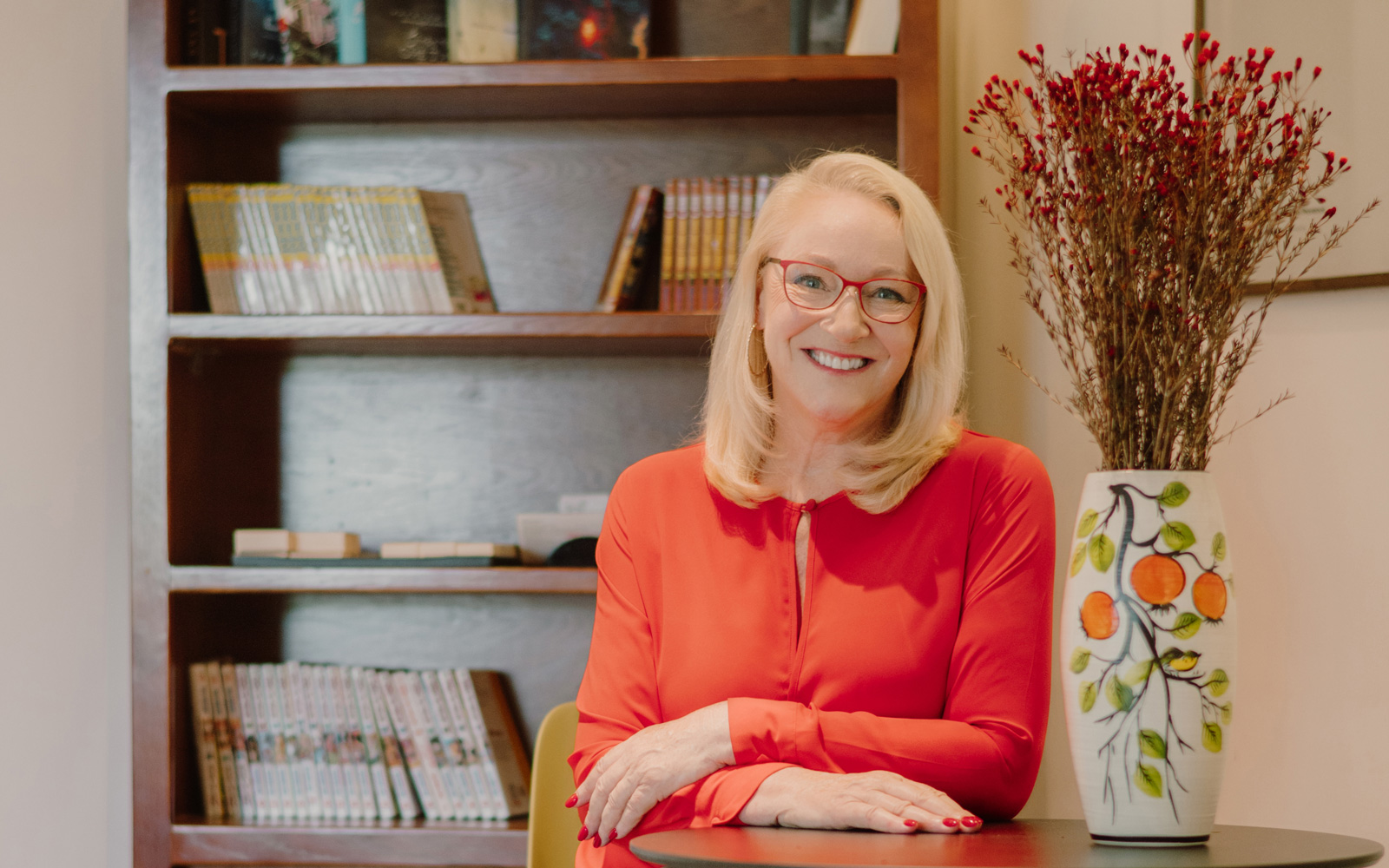Relational intelligence reminds us that relationships consist of three parts: me -you-US – the relational biosphere. This is important to remember more than ever before in a world of growing individualism, disconnect, loneliness, and polarization.

Relational intelligence empowers us to
- Be curious and see with greater clarity the dynamics and complexities of modern relationships, those of platonic and romantic nature.
- Discern relational patterns in healthy and in unhealthy relationships that ask for relevant strategies and actions to create and recreate inner and outer peace.
Relational intelligence gives us courage to
- Face relational disharmony and challenges with authenticity and remain focused on fostering a relational peace-oriented culture.
- Promote authentic and rewarding co-operation and co-existence with people in our private and public spheres.
- Be the co-creators of nourishing thriving relationships in all our roles as we travel through life.
Relational intelligence strengthens our resolve to
- Dare to care and connect in a more conscious way and honour and live by the values we proclaim, privately and publicly.
- Take on the role of empathetic witness, response-able to give and receive compassion, love, and care.
- Build bridges across the chasms of relational disharmony and socio-cultural divides and welcome new ways of doing and being in this world.
- Show up every day as our trustworthy self and contribute in the role of relational champions to individual, relational, and collective wellbeing.
Generally, the idea of relationship connects us to other people where we are part of relational biospheres. These can be either of healthy or unhealthy nature. When we pause, however, we realise that we are at the centre of all the relationships in our lives:
What is often forgotten is that we have a relationship with ourselves.
When we enter relationships with others, we carry our metaphorical backpacks with us wherever we go. These are filled with enculturated beliefs, assumptions, and biases. We operate from unquestioned theories that influence if and how we relate to and connect with others and the world around us
- as romantic partners,
- as parents, children, and as siblings,
- as friends, old and new
- as team members in our work environments,
- as traveller and visitors to destinations near and far,
- and as leaders, for example in the tourism and hospitality industries.
We all benefit from being mindful of the relational dynamics in all our relationships – with ourselves, with others, and with the environment on which we depend.
Getting in touch with who we are and who we want to be as an individual and as part of healthy relationships and a relational peace-oriented culture is our first step to practicing relational intelligence.






